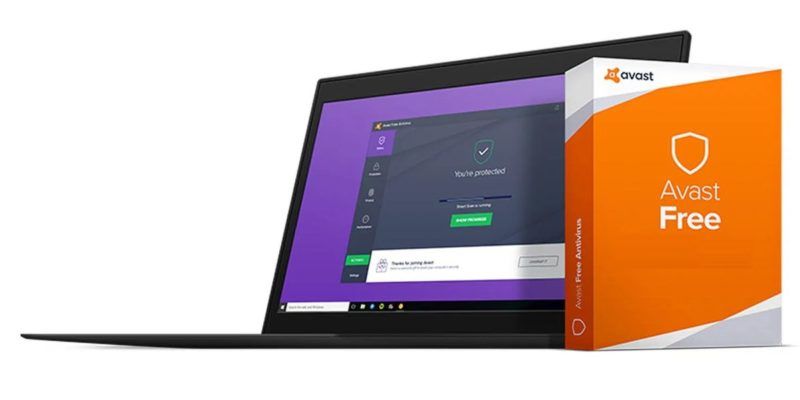According to a joint investigation by Motherboard and PCMag, the company behind the popular antivirus program Avast sells highly sensitive user data to the big companies.
The documents, from a subsidiary of the anti-virus giant Avast called Jumpshot, show that the Avast antivirus program installed on a computer collects data and that Jumpshot repacks them in several different products that are then sells to the big companies including Google, Yelp, Microsoft, McKinsey, Pepsi, Sephora, Home Depot, Condé Nast, Intuit among other multinationals.
One of Jumpshot’s most popular products is “All Clicks Feed”, which can track user behavior, clicks and movement through websites with great precision.
It is estimated that Avast has 450 million users, and it is estimated that the company sold data that belongs to around 100 million users. Although the researchers could not verify it, Avast tells that it only provides Jumpshot with the data of those who gave their authorization.
How do Avast collect the user data that they sell?
Avast collects data from users who sign up and then provides it to Jumpshot, but several Avast users said they did not know that Avast was selling browsing data, which raises questions about whether they really knew what they were consenting to.
According to the information that Motherboard and PCMag had access to, Avast sold data that included Google searches, searches for locations and GPS coordinates on Google Maps, people who visit the company’s LinkedIn pages, YouTube videos viewed, and people who visit pornographic websites. It is possible to determine from the data collected what date and time the anonymous user visited YouPorn and PornHub, and in some cases what search term entered on the pornographic site and what specific video he saw.
Although personal information such as user names is not included in the data , they still contain a lot of specific navigation data, and experts say it might be possible to discourage certain users.
After it was discovered that it collected information through browser extensions, Avast decided to do so directly through its antivirus software. The firm began asking current users of its free antivirus solution to opt for data collection. And in the help section of the product it is explained as, if a user registers, that device becomes part of the Jumpshot panel and all browser-based Internet activity will be transferred to Jumpshot including the URLs visited in order.





